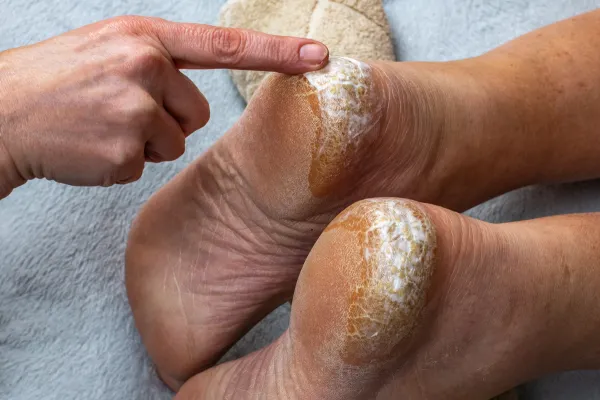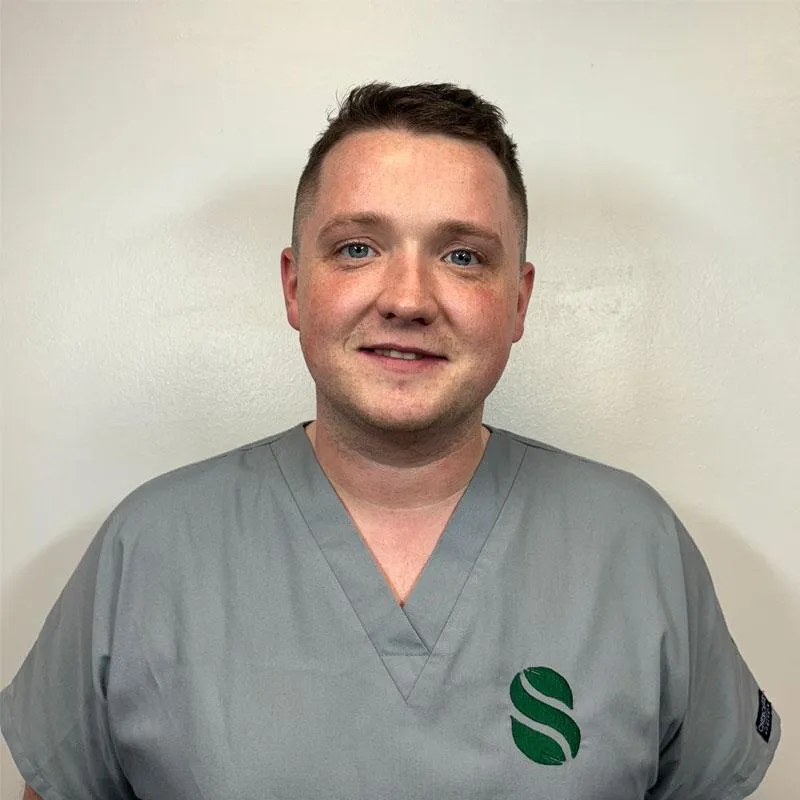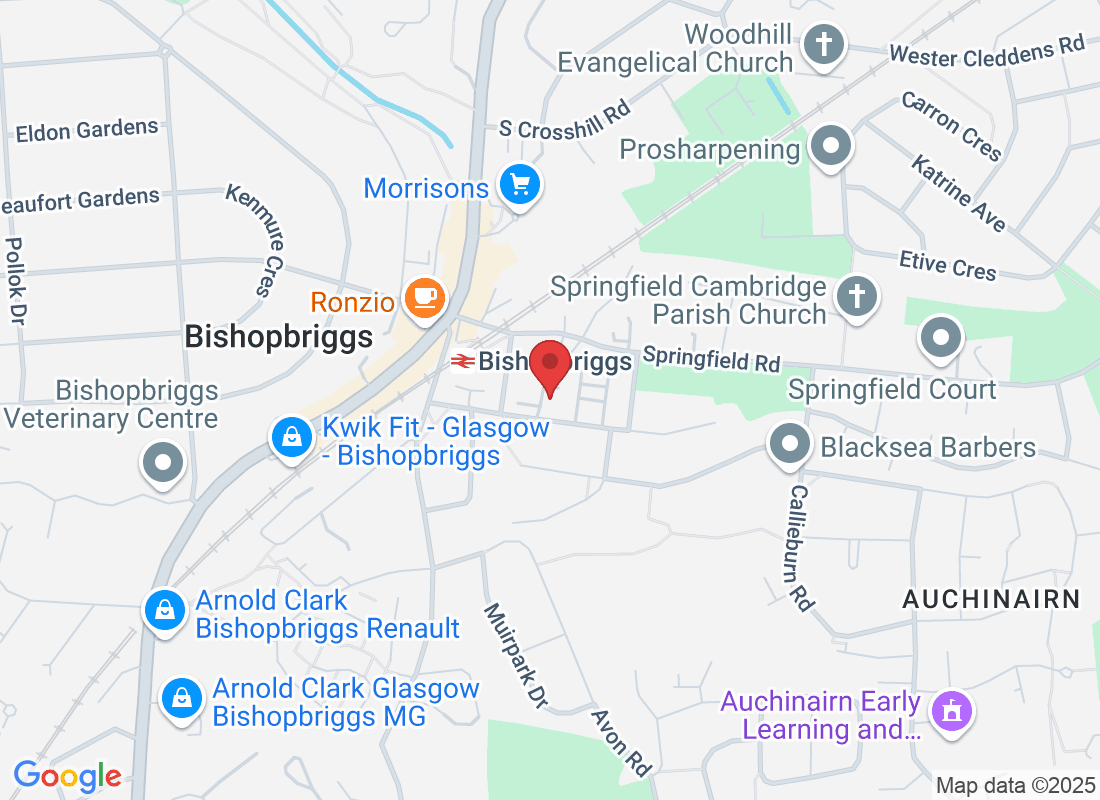
Hard Skin and Cracks on Your Heels? Here’s How We Help
Hard Skin and Cracks on Your Heels? Here’s How We Help
Do your heels feel rough, dry, or even painful to walk on? You’re not alone. Hard skin and cracked heels are more common than you’d think — and they can sneak up on you, especially when the weather changes or you’re on your feet all day.
At The Springfield Clinic, we help people every week who are dealing with dry, cracked, or sore heels. Whether it’s a cosmetic concern or something that’s starting to hurt, we’ve got safe, effective ways to get your feet feeling great again.
Why Do Heels Crack?
Cracked heels usually start with dry, thickened skin, also called callus. Over time, this skin becomes less flexible and starts to split. Add in pressure from standing or walking, and those tiny cracks can quickly grow deeper — even becoming painful or infected if left untreated.
Some common reasons your heels might be cracking:
Wearing open-backed shoes or sandals
Standing for long periods (especially on hard floors)
Cold weather or dry air
Not moisturising regularly
Medical conditions like diabetes, eczema, or thyroid issues
How Our Podiatrists Can Help
When you visit our foot clinic in Bishopbriggs, we’ll check what’s really going on beneath the surface. Sometimes it’s just dry skin — but other times, cracks could be a sign of poor circulation, skin conditions, or pressure imbalances when you walk.
Here’s how we support you:
1. Professional Skin Removal
We gently and safely remove the hard skin with sterile tools. This not only feels amazing but helps stop cracks from getting worse.
2. Hydration Treatments
We’ll recommend (and can apply) deeply moisturising creams that actually work — not just surface-level solutions.
3. Check Your Gait
If your walking pattern is putting extra stress on your heels, we can spot it with a gait analysis in Bishopbriggs. This lets us see how your feet move and helps prevent future problems.
4. Orthotics & Insoles
For some people, cracked heels are linked to flat feet or poor support. We may recommend orthotics from our Glasgow podiatry team to give you better cushioning and balance.
5. Prevention Plan
We’ll walk you through an easy daily care routine. This includes the right creams, socks, and footwear to keep your feet soft and healthy.
What You Can Do at Home
Here are some simple ways to care for cracked heels between visits:
Moisturise every day, especially after bathing.
Avoid walking barefoot on hard floors.
Wear socks to bed after applying heel balm for deep overnight hydration.
Choose supportive shoes — no thin soles or open backs.
Gently file your heels (once or twice a week) to keep hard skin under control.
When to See a Podiatrist
If your heels are:
Bleeding or infected
Painful to walk on
Not improving with home care
Showing signs of skin conditions (like eczema or fungal infections)
It’s time to book an appointment.
Our team is here to help with foot pain treatment in Bishopbriggs that’s not only gentle but long-lasting. We’re a private podiatry clinic in Bishopbriggs offering tailored care — and you’ll never be rushed through your visit.
You Don’t Have to Put Up with Cracked Heels
It might seem like a small thing, but smooth, pain-free heels make a big difference in your daily comfort. And with the right care, they’re totally achievable.
Come see our heel pain specialists in Bishopbriggs – we’re ready to help you get back on your feet, comfortably and confidently.



